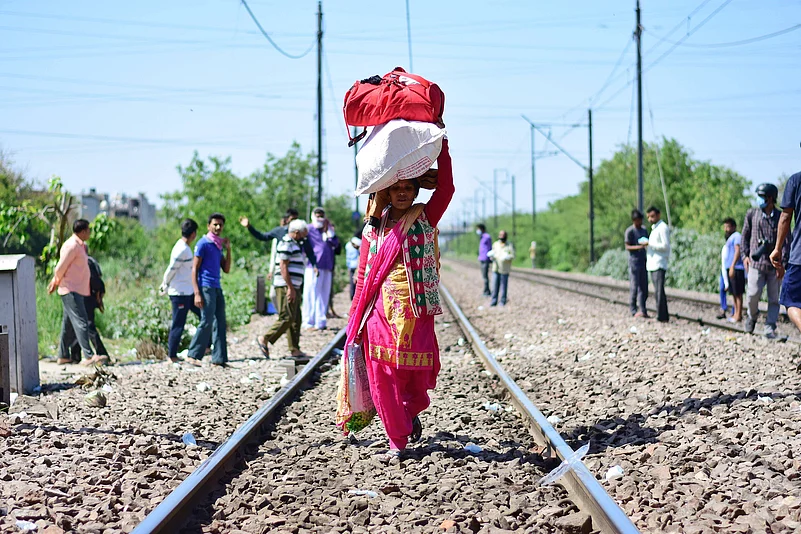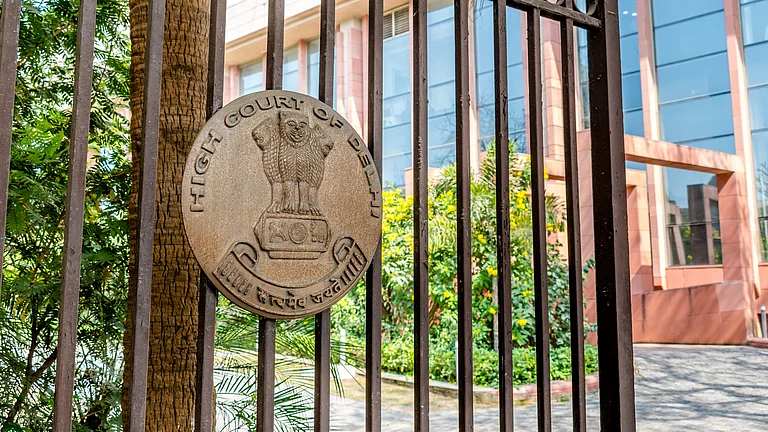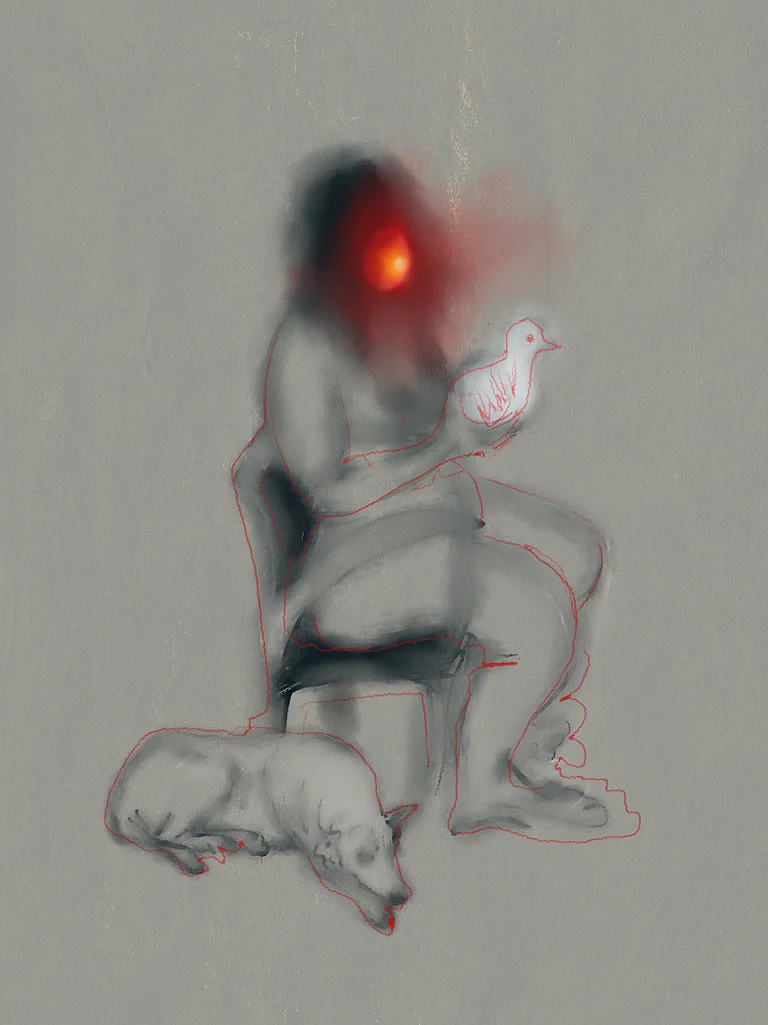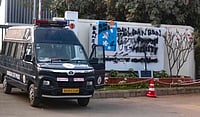
It's estimated that 18–20% of Bihar’s urban migrants are women. Despite this, their labour remains largely unrecognised and underpaid, with many earning just Rs 6,000–10,000 per month, without formal contracts or legal protections.
Election Commission’s Special Intensive Revision exercise in Bihar removed approximately 22.7 lakh women from the electoral rolls, classifying them as “permanently shifted” because they could not be physically traced.
Bihar has one of India’s highest rates of out-migration. According to the 2011 Census, about 74–75 lakh people from Bihar migrated out of the state, mostly for work, and this represented about 7% of Bihar’s population at the time.
At dawn in Delhi’s Mehrauli, 38-year-old Geeta Devi slips out of her cramped jhuggi for her first house-cleaning job of the day. Like thousands of other women who have migrated from Bihar, her labour sustains the city. Her name remains on a voter roll in Gaya, a district she hasn’t seen since her husband passed away six years ago. The Bihar election is underway, but women like Geeta, who form the backbone of the informal workforce of big cities, will once again be unable to participate in the democratic process and choose their government. “I want to vote,” she murmurs at a South Delhi bus stop.
“But if I go home, I lose two weeks’ pay. Rent won’t wait. Delhi madam won’t wait. What’s voting to a woman who struggles just to stay here?”
On the Move: Hidden from View
Bihar, along with UP sends more people out to work than almost any other state in India. These women, who work as domestic workers, caretakers, helpers, are fueling urban India’s informal economy. Yet, when elections arrive in Bihar, they remain largely invisible. Their names linger on far-off voter rolls, but their bodies and votes are trapped in Delhi’s relentless labour churn.
For many like Nagma Begum, a domestic help from Delhi's Nizammudin area, returning home to vote is expensive. According to estimates, domestic workers earning Rs 6,000–10,000 per month face travel costs of Rs 2,000–3,000 to return to Bihar. These informal workers also lack formal contracts or paid leave, making the decision to take time off work financially and socially risky.
“Even five-days leave cuts my salary,” says Nagma, who is from Darbhanga. “Some employers replace us at once. How can I think of going home to vote?” For women like Nagma, travel costs, job insecurity, and family responsibilities make returning home to vote nearly impossible.
Ties to Home, Yet Politically Invisible
Despite physical distance, these women remain closely tied to Bihar politics. Often their wages support children and elders back home. Daily phone calls carry news of welfare schemes, ration deliveries, and local governance.
Bihar has one of India’s highest rates of out-migration. According to the 2011 Census, about 74–75 lakh people from Bihar migrated out of the state, mostly for work, and this represented about 7% of Bihar’s population at the time. While men constitute the majority of migrants, women account for about 18-20% of Bihar’s migrant population.
While women‑oriented schemes have worked to improve their education, financial inclusion and social security, but there is a shortfall when it comes to extending welfare to migrant women. “Political leaders talk about women’s empowerment,” says Roshan Begam, a migrant cook from Bihar. “But why did I have to come to Delhi to earn? If we mattered, they would think of women like us too,” she sighs.
Locked Out of Democracy
India’s voting rules depend on physical residence. Absentee or remote voting exists only for soldiers and certain public officers. Out of hundreds of thousands of Bihari migrants working informally in Delhi, almost none have shifted their voter registration to the city. In 2025, the Election Commission’s Special Intensive Revision exercise in Bihar removed approximately 22.7 lakh women from the electoral rolls, classifying them as “permanently shifted” because they could not be physically traced.
Jammu Anand, a social activist working on labour and public campaigns, explains: “Till a few years back, the issue of migrant women voters was never discussed. Post-Covid we realised how huge these numbers were when we saw them leaving cities walking to their villages in hordes with their families, on foot, carrying their luggage. They became visible to us. They are the ones who build the cities, but have been away and not a part of the exercise to choose their government. There is a basic Act in place for hiring migrant workers that says after an employer fails to get a local worker for a job, he has to go through a process that involves permissions to hire a person from another region. This whole influx is to hire cheap productive labour, and the administration plays a catalyst to undermine the Act. This is why this labour can never ask for their rights or legal wages. No one even knows if they are getting minimum wages.”
Women’s rights experts say this exclusion is not accidental but part of a longer pattern of political neglect. Dr Ranjana Kumari, director of the Centre for Social Research, argues that migrant women are systematically left out of Bihar’s political imagination. “Women who migrate for work always miss out on the vote, and they never get to exercise their political choice,” she says. “They are treated as insignificant in Bihar because voting mostly happens on caste lines. There hasn’t been any seriousness when it comes to the women voter.”
She adds that even election-season cash transfers aimed at women often function as political optics rather than genuine empowerment. “When Rs 10,000 for women is announced just before elections, it doesn’t feel honest. It is simply to influence poor women. There are no employment opportunities in the state, migration is huge, and yet these same families keep getting fooled because they continue to vote on caste.” She adds the state depends on the labour of women who leave, but does little to ensure their political agency once they do.
Caught Between Two Worlds
For many migrant women, elections are not a celebration of democracy but a distant echo of a home they sustain with money and memory, not with voice or ballot. “I am not a voter here, and I can’t go there,” Nagma says quietly. “Hum bas beech mein latke hue hain”, we are stuck in between, she adds.
Bihar’s migrant women keep urban India functioning, yet structural barriers deny them political presence in the very state that counts them on paper. India’s democracy depends on millions unseen, like these women who clean, care, and labour daily, yet live, work, and vote in limbo, says Dr Kumari.



























